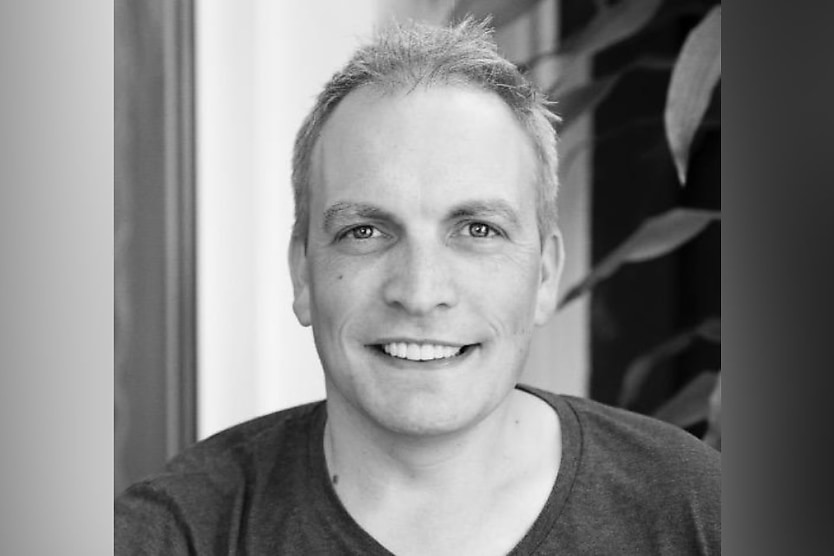HR Leader DEI Roundtable: In conversation with Circle Back Initiative founder
SHARE THIS ARTICLE

Steve Gard, the founder of the Circle Back Initiative joined HR Leader’s roundtable on 6 October. The discussion focused on diversity, equity, and inclusion (DEI), with Mr Gard commenting on remote working and what Australia could be doing better in the recruitment space.
Shandel McAuliffe, editor at HR Leader: “Can you tell us about your initiative and how it relates to DEI?”
Mr Gard: “I founded the Circle Back Initiative almost two and a half years ago. This is a free-to-join initiative for employers and recruitment agencies who basically make the commitment to respond to every applicant, and it’s [about] all-around candidate experience.”
He added: “Diversity and inclusion is a key part of candidate experience as well. So, I think it goes beyond the employees we bring in, it's really throughout the recruitment process as well and that candidate experience.”
Editor: “Is DEI as broad as it could be in recruitment?”
Mr Gard: “We can talk about our policies and diversity policies and inclusion policies and talk about it on our websites and our career sites, but it’s not actually until you start to engage with that organisation, you start to see if it’s true or not. The recruitment process is a really key part of it.”
He said: “I don’t think you can call yourself an inclusive employer if you’re not responding to every applicant.”
Mr Gard continued: “I'm trying to encourage organisations to say, inclusion starts way before [they start]. If you're getting people into your recruitment process, everybody should get a response back, even if it's unsuccessful. Everyone should get it because you don't know who you're ignoring, and that's the crux of the [issue], is making people feel ignored.”
Editor: “How has remote working affected recruitment?”
Mr Gard: “I think we've been presented [with] an amazing opportunity to broaden our talent pools because we're no longer limited to the demographic which is commutable to an office. So, we're really opening it up and broadening our opportunity to hire in a much broader pool.”
“The second point for me is how we could potentially change the culture. Really challenging our hiring managers around the role profile that we're building and often around the requirements that we're looking for. One of my bugbears is the university degree. Yes, we need it for certain roles and certain compliance reasons, but often it's a go-to when you look at job ads, it's ‘must have a university degree’,” explained Mr Gard.
“That really does exclude people that couldn't go to university for any particular reason or came from a family that couldn't afford to send them to university. So, I think as recruiters and HR, we should be really challenging our hiring managers to say: ‘Actually, do we really need these requirements? Are these requirements inclusive, are they really going to give us the diverse pool that we're looking for?’”
Editor: “Do you think there is age discrimination in job ads?”
Mr Gard said: “The main one is around that ‘years of experience’. We see it time and time again in job ads. That's probably the one for me, which I think more innovative employers are moving away from that and actually being able to define exactly what they're looking for. Whenever I see that and somebody talks to me about it, I say: ‘Well, I've been playing guitar longer than Ed Sheeran, but I'm certainly not Ed Sheeran!’”
Editor: “What could Australia be doing better in DEI?”
Mr Gard: “One is really shifting those policies to initiatives to actions. Because I think policies often just sit there and we tick the box and say we're doing it. But really thinking back to that day-to-day transactional level and everything we do. Inclusion’s got three elements to it and at the basic level, it's about courtesy and respect for all.”
He continued: “So, how do we make sure we embed that in everything we do? That's where the initiative started, so employers ignoring applicants has an impact on mental health because they don't feel respected, they don't feel valued, they don't feel heard. Even at that sort of level, how do we actually make sure that we're always thinking about that?”
The transcript of this roundtable episode, when quoted above, was slightly edited for publishing purposes. The full conversation from the event is below.
RELATED TERMS
Ageism, often known as age discrimination, is the act of treating someone unjustly because of their age. In the workplace, this might manifest as a person being passed over for a job or promotion, older workers being denied benefits or early termination of employment.
According to the Australian Human Rights Commission, discrimination occurs when one individual or group of people is regarded less favourably than another because of their origins or certain personality traits. When a regulation or policy is unfairly applied to everyone yet disadvantages some persons due to a shared personal trait, that is also discrimination.
The practice of actively seeking, locating, and employing people for a certain position or career in a corporation is known as recruitment.
Jack Campbell
Jack is the editor at HR Leader.

